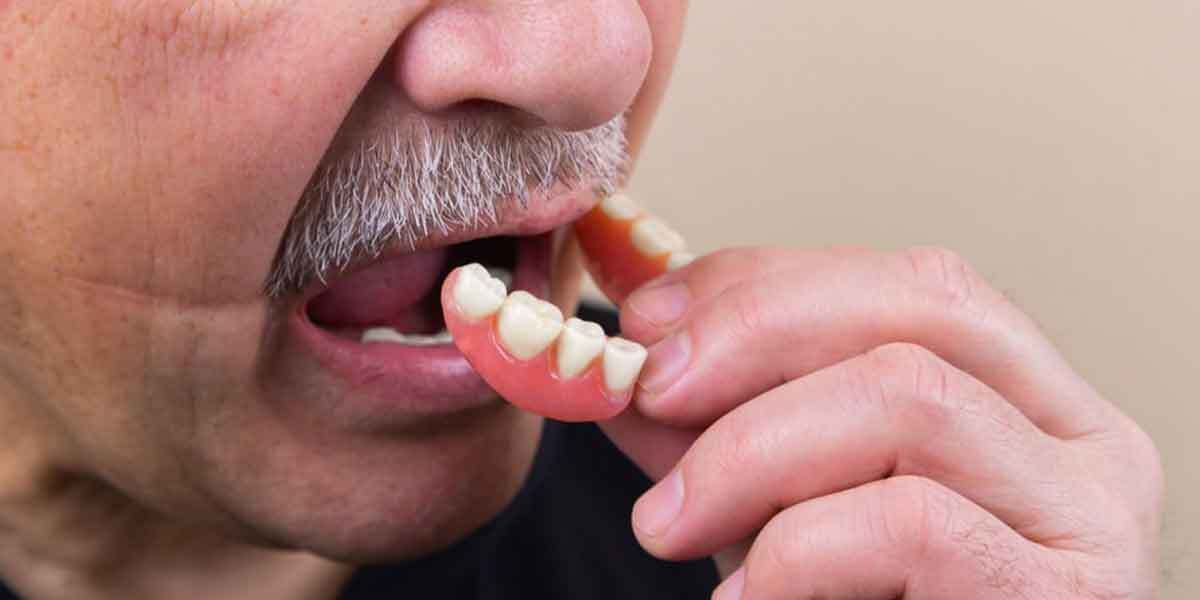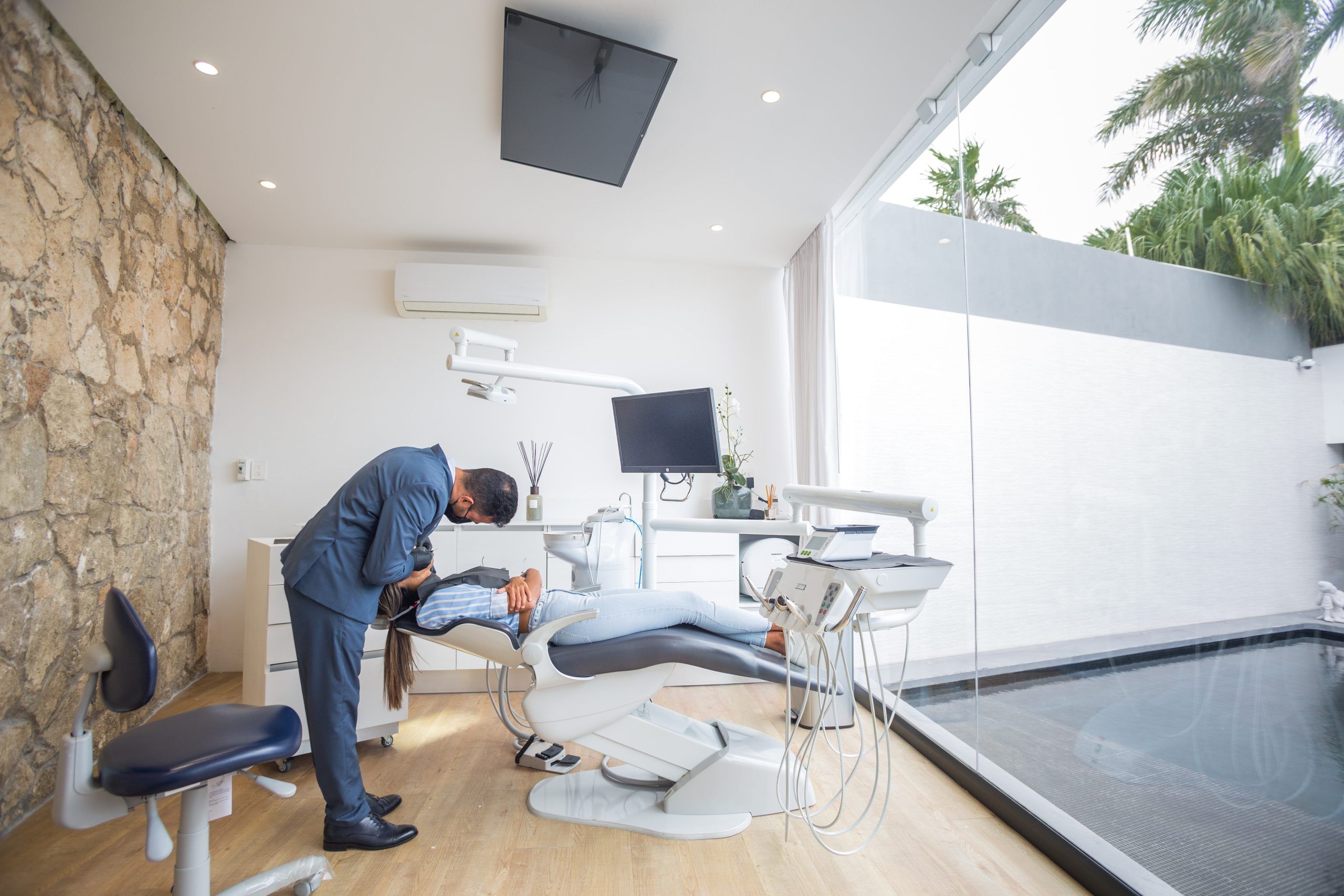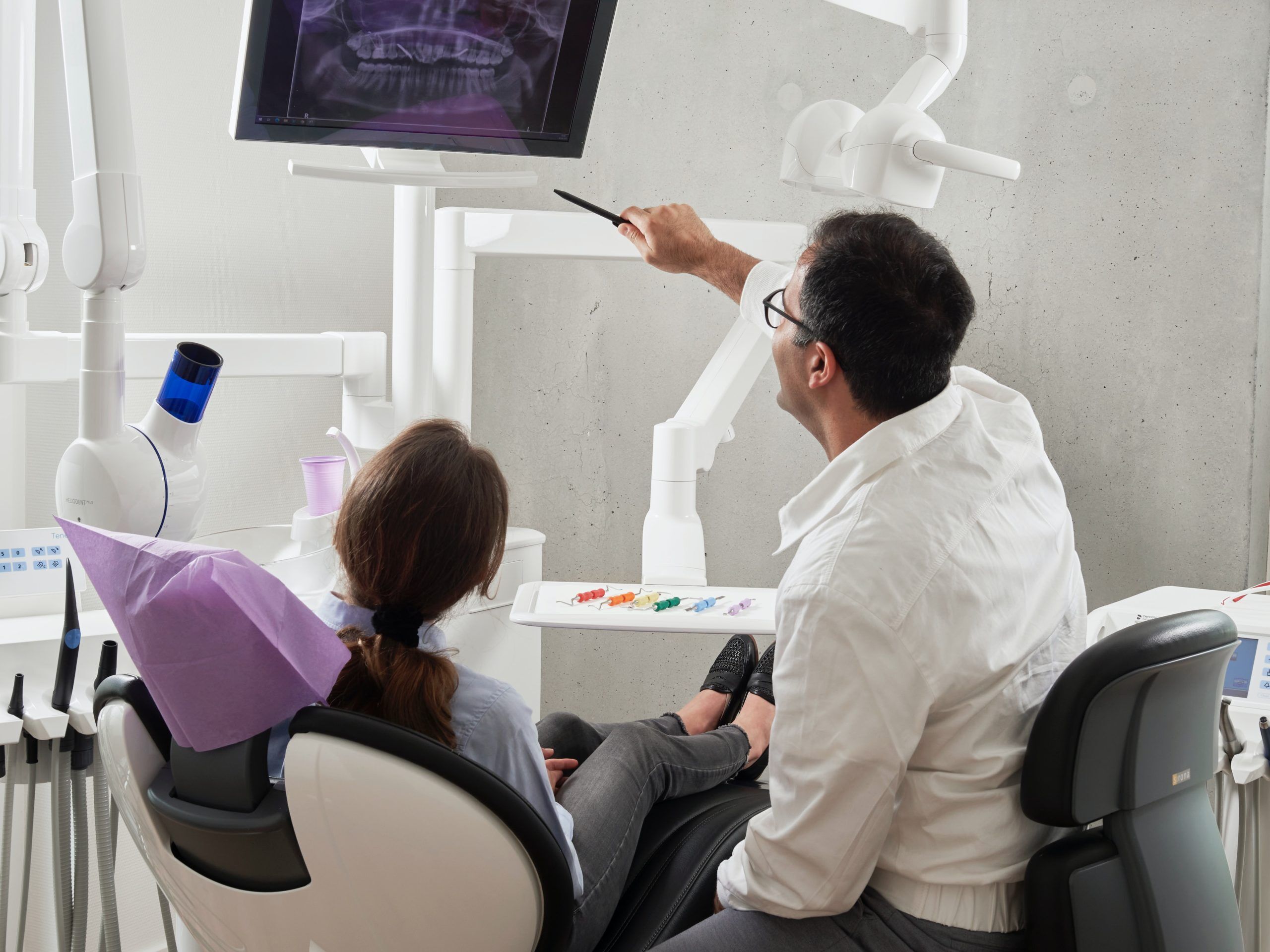Author: nearmedental
Dental emergencies in seniors are the situations that cause injuries to the mouth or teeth. A dentist may be able to help when you have a dental emergency. A senior can develop many dental problems, including broken or decayed. They also may have pain in their gums, jaw, or other teeth when they eat certain foods. Seniors who don’t visit the dentist regularly are more likely to have dental emergencies because their teeth aren’t getting checked and cleaned regularly.
1. Toothache – Dental Emergencies in Seniors
A toothache is the most common dental emergency in senior citizens. They may have a broken-off or decayed tooth or have an infection in their mouth or gums. Other causes of toothache are sore teeth, dry mouth, inflammation in the jaw, and earaches. You can relieve the pain by using an over-the-counter pain reliever, such as ibuprofen or Tylenol. You should consult your physician if you are pregnant or have high blood pressure, kidney problems, heart disease, diabetes, ulcers, bleeding disorders, inherited porphyria syndrome (G6PD), heavy marijuana use, kidney stones, or urination problems.
2. Abscessed Teeth
An abscessed tooth is a dental emergency that can happen to seniors who have tooth decay. The area between the tooth and gum might swell, or your gums may become red, tender, or sore. You may also notice that your teeth become loose or don’t fit correctly in your mouth anymore. Swelling could also cause pain when you chew, swallow or talk.
3. Broken Teeth – Dental Emergencies in Seniors
It’s common for senior citizens to break a tooth because their teeth are brittle from age and wear out quickly. If a senior citizen breaks a front tooth, they should visit their dentist as soon as possible. If it happens at home, they should put the fractured tooth fragment into the milk until they get to the dentist’s office so that it doesn’t fall out of their mouth while they’re talking or eating.
4. Leaving Dentures In At Night
If you wear dentures, it’s better to take them out at night before you go to bed. If you leave your dentures in for an extended period, bacteria can grow on the dentures and cause bad breath and sores on your gums. People who wear false teeth also need to pay attention to their hygiene because gum disease can develop if food debris is stuck between the teeth during meals. Specifically made toothbrushes that fit over false teeth allow seniors to adequately clean their mouths every day. Floss threaders help remove small particles that get caught in teeth that are hard to reach with regular flossing.
5. Broken Denture – Dental Emergencies in Seniors
If your denture is broken, it needs to be repaired immediately. So, do not wait too long. Otherwise, you can lose the teeth attached to the denture. If this happens, getting replacement teeth can be an expensive procedure because you will have to replace both your regular teeth AND your false teeth at once.
6. Dental Work/Fillings
Seniors who don’t visit their dentist for regular checkups may need major dental work done when they go to the dentist’s office. When something significant has to be done after a long time, it can become an emergency. If you require major dental work or therapeutic procedures on your teeth, visit your dentist as soon as possible.
7. Tooth Extraction
During your routine dental checkup, the dentist may find decaying teeth that have to be pulled out right away so that there’s no risk of developing an infection in the tooth root. Tooth extraction is also considered a dental emergency because you don’t want old teeth filled with bacteria and food debris to lead to other medical problems such as severe infections, heart disease, or conditions involving inflammation in the body.
8. Wisdom Teeth Extraction – Dental Emergencies in Seniors
Seniors are more likely to need wisdom teeth pulled out because their jaws are smaller and don’t have enough room for all 32 teeth. The jawbone might not be large enough to cut down on the pain when wisdom teeth start coming in, making it difficult to eat or speak. When this happens, seniors will need to visit a dentist right away. It’s also possible for wisdom teeth that come in sideways or at an angle to damage nearby molars and cause tooth decay. These types of problems should be addressed immediately so that you don’t risk losing your last remaining natural adult teeth.
Increased Oral Health Risks Associated with Dental Emergencies in Seniors
Aging can lead to increased oral health risks and dental emergencies for seniors due to age-related wear and tear, decreased saliva production, and an increase in tooth decay. Seniors who experience these oral health problems can often not clean their teeth effectively, leading to the development of gum disease. Gums that surround the teeth become red and swollen and start bleeding during brushing.
Seniors sometimes have difficulty chewing because there is not enough room in the jaw. So, removing wisdom teeth is the only choice that increases this risk even more. Wisdom teeth can interfere with other teeth and cause decay around them or damage them entirely, which means they will need to be extracted. Tooth extraction is amongst the most common dental emergencies in seniors because it may be too late; otherwise. Hence, waiting until old age to get your teeth pulled will eventually lead to the complete loss of all-natural adult teeth.



